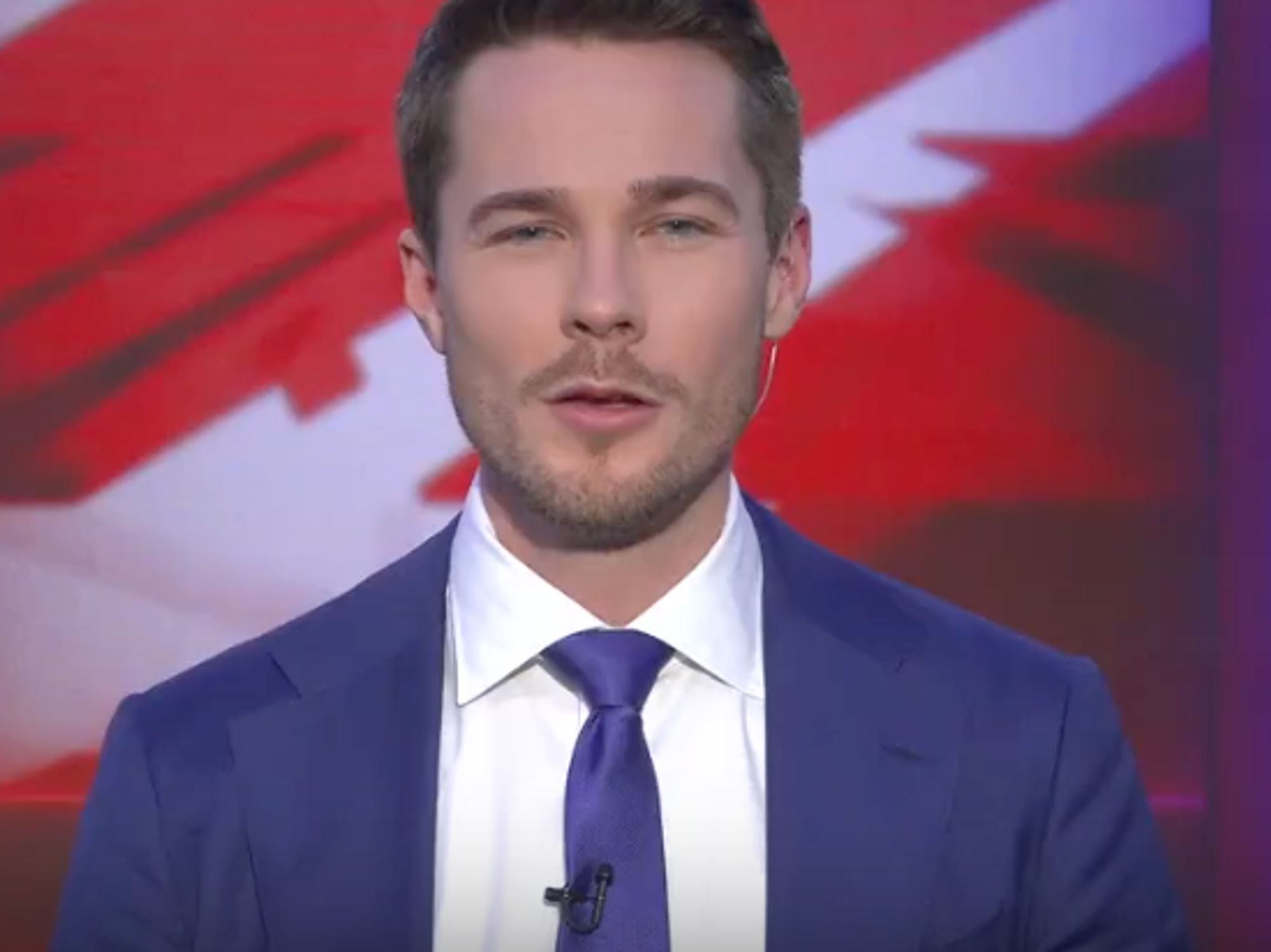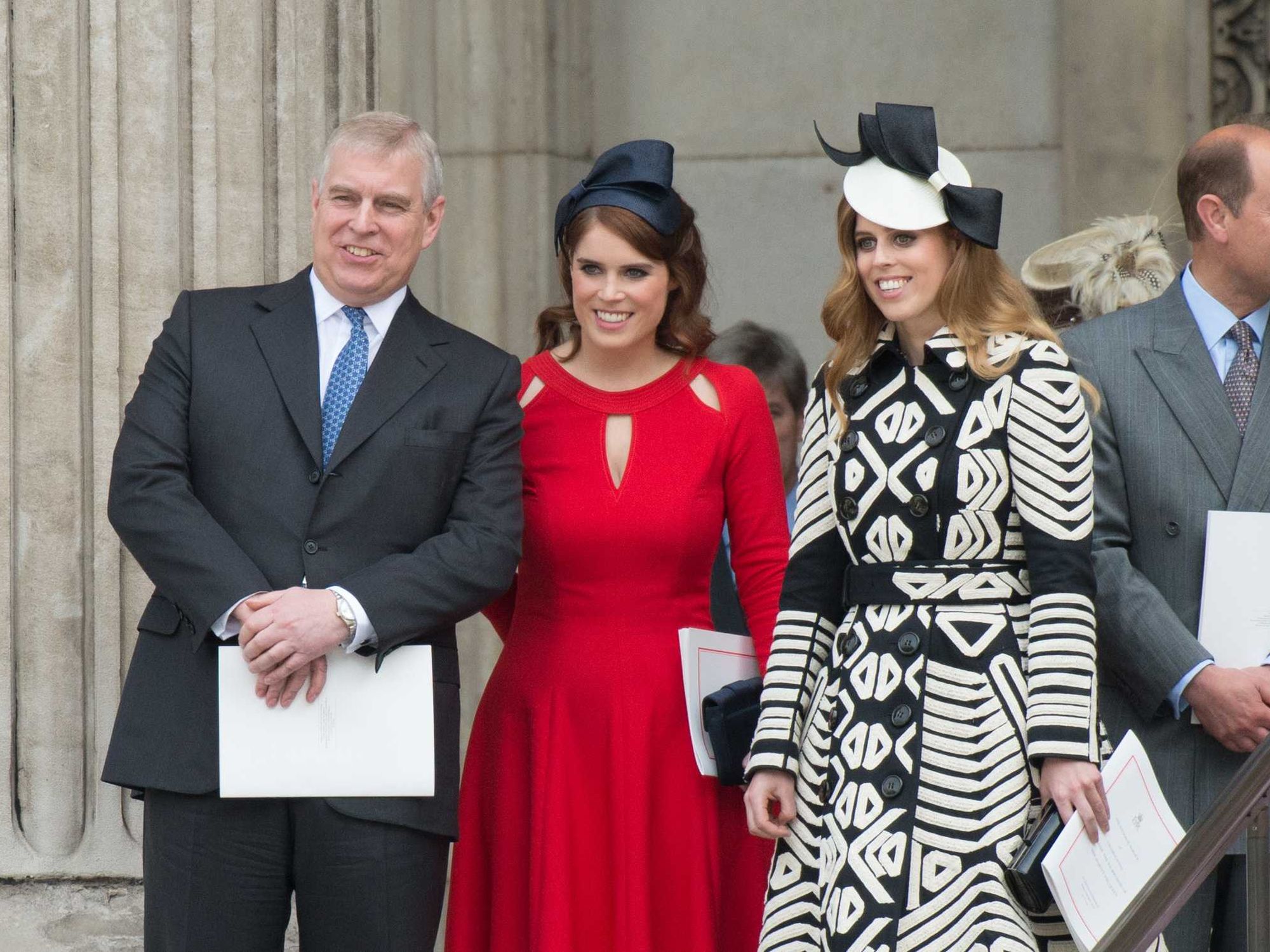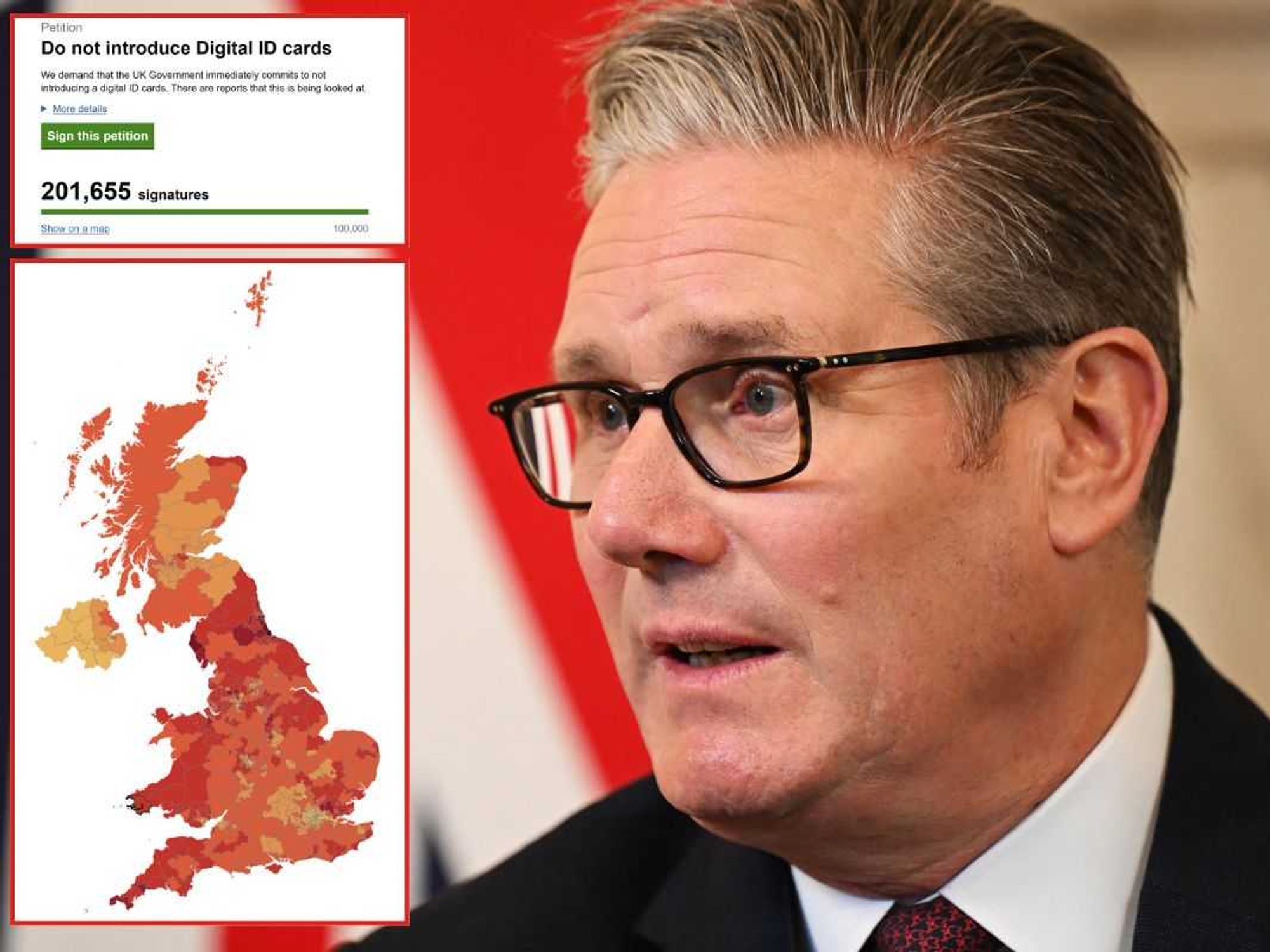Prince Harry aide rejects claim HIV film message was aimed at President Donald Trump
Prince Harry says his 'focus' next year will be on his relationship with his father, King Charles
|GB NEWS

The Duke of Sussex did not name any specific country in his message
Don't Miss
Most Read
Prince Harry's aides have denied that his latest HIV campaign film was aimed at Donald Trump, after the Duke of Sussex warned millions could die as a result of international funding cuts.
In a statement to Newsweek, Harry's spokesman said: "The film was not explicitly aimed at any one individual, it was more generally about reminding all leaders and those with influence that there is still work to do in the fight against HIV/AIDS."
GB News has contacted the White House for comment.
Prince Harry joined actress Charlize Theron and basketball legend Earvin “Magic” Johnson in a video appeal released in support of UNAIDS.

Prince Harry aide rejects claim HIV film message was aimed at President Donald Trump
|UNAIDS / GETTY
Without naming any country, the Duke said: "Without urgent action to reverse these crippling funding cuts, six million more people will become infected with HIV while four million will die from AIDS-related causes within the next four years."
The campaign urged Governments to restore HIV prevention funding worldwide and included a joint call for action by the three stars.
The video spoke of cuts by multiple Governments and avoided any direct reference to the former US President, despite the figures being closely linked to American policy changes.
UNAIDS data show the warning closely reflects projections linked to US funding decisions.

Prince Harry pictured in his latest HIV campaign film
|UNAIDS
A July report stated: "UNAIDS projections show that a permanent discontinuation of support from the United States President’s Emergency Plan for AIDS Relief (PEPFAR) for HIV treatment and prevention could lead to more than four million additional AIDS-related deaths and more than six million additional new HIV infections by 2030."
The report detailed the impact of funding reductions earlier this year: "HIV programmes across the world are struggling from the sudden, drastic reductions in funding for the global HIV response announced by the United States Government in early 2025.
"PEPFAR had committed $4.3billion (£3.2billion) in bilateral support in 2025. Those services were stopped overnight when the United States Government shifted its foreign assistance strategies.
"Disruptions are being felt across the HIV response and pose a huge risk of increased mortality, a surge of new HIV infections, and the development of resistance to the most commonly used treatment regimens. Urgent action and revived solidarity are needed to sustain the progress made and prevent a resurgence of HIV."

Rihanna and Prince Harry getting a live HIV test in 2016
|GETTY
PEPFAR, a programme launched by President George W. Bush in 2003, was largely funded through USAID until it was formally closed in July. Responsibility was transferred to the State Department, but UNAIDS reported that major cuts remained.
Mr Trump set out his position in an executive order in January, stating: "The United States foreign aid industry and bureaucracy are not aligned with American interests and in many cases antithetical to American values.
"They serve to destabilize world peace by promoting ideas in foreign countries that are directly inverse to harmonious and stable relations internal to and among countries.
"It is the policy of United States that no further United States foreign assistance shall be disbursed in a manner that is not fully aligned with the foreign policy of the President of the United States."

Princess Diana shaking hands with William Drake, a patient at London Lighthouse Aids Centre
|PA
Prince Harry added in his own statement: "Right now, babies are being born with HIV due to interruptions in antiretroviral treatment for their mothers.
"Without urgent action to reverse these crippling funding cuts, six million more people will become infected with HIV while four million will die from AIDS-related causes within the next four years.
“It is not just the at-risk communities that will be affected. We've proven that sustained investment saves lives and builds stronger communities. Abandoning this life-saving work now would be a devastating betrayal of progress for the millions who depend on these essential services."










